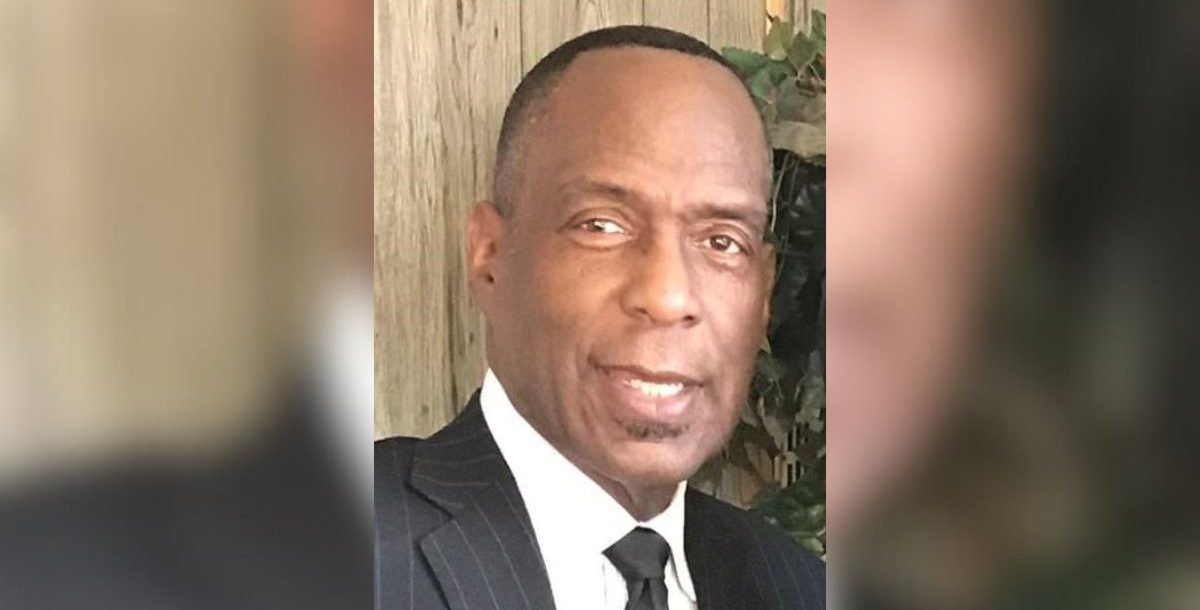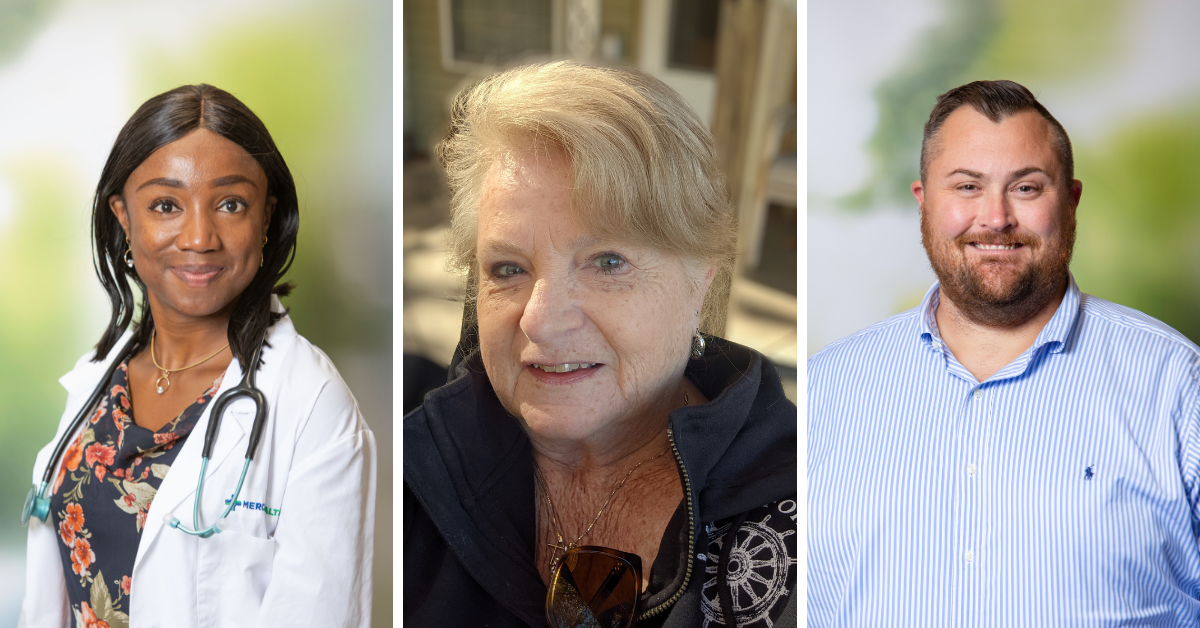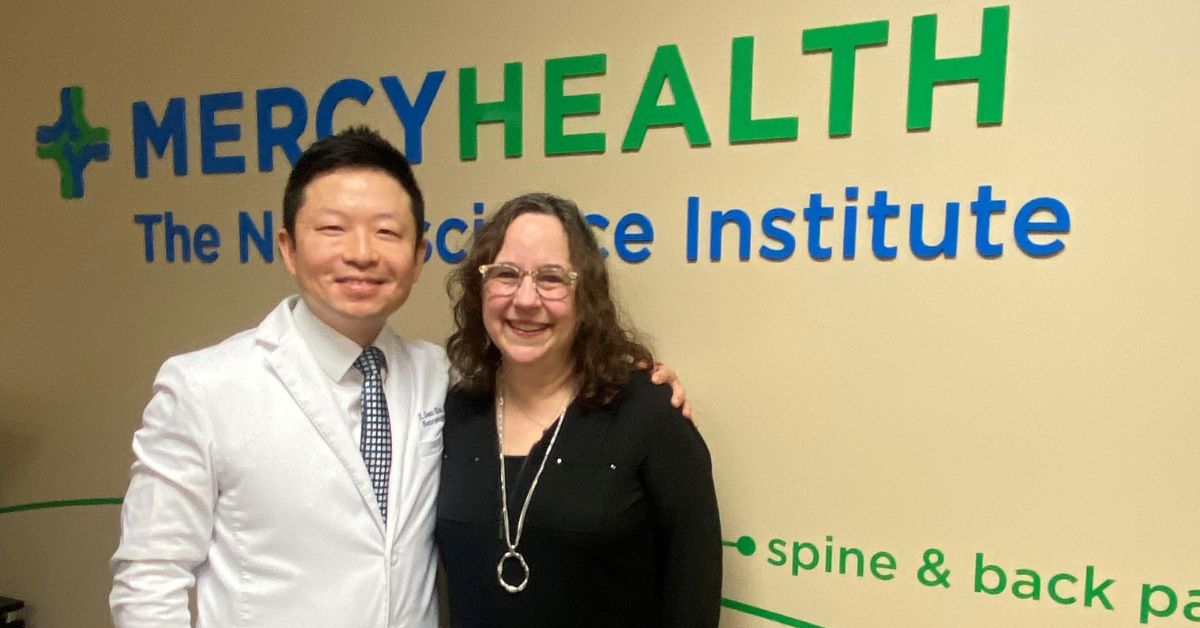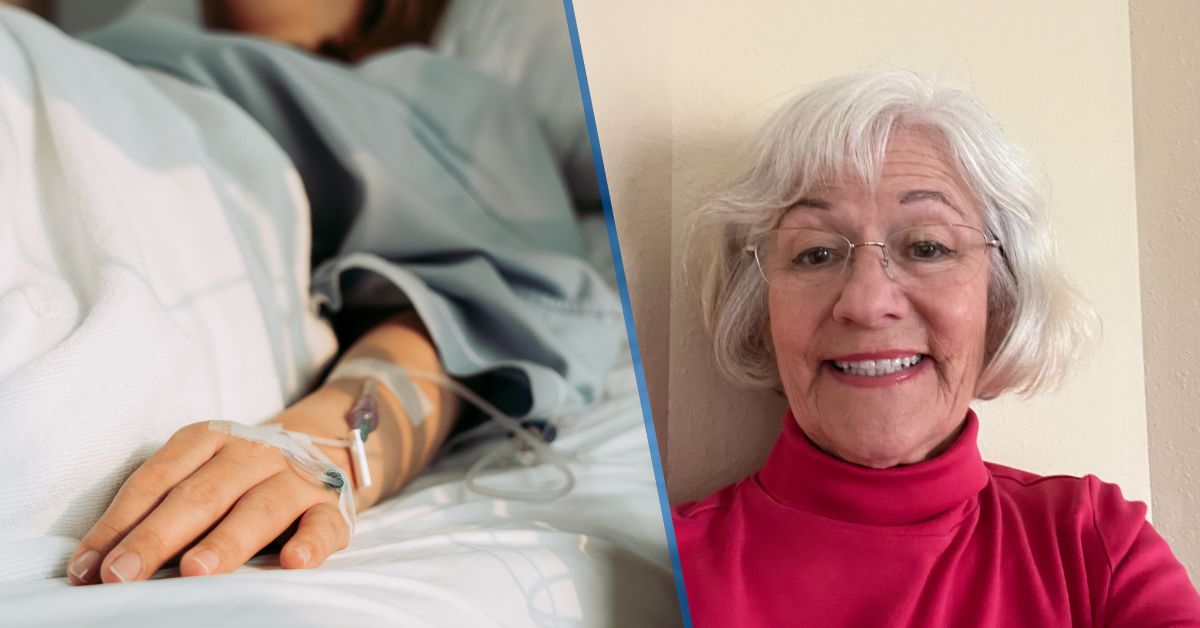The following piece was written by David J. Banks, a chaplain at Mercy Health – St. Vincent Medical Center.
In 1968, I was a student at Wilberforce University in Wilberforce, Ohio. The Black students at Wilberforce and Central State University came together and boycotted a well-established lunch counter in nearby Xenia, Ohio. The lunch counter was located inside a five and dime store and would not serve Black students.
Later in the same year, students from both schools banded together again and boycotted the local movie theater in Xenia, Ohio. Black students were only allowed to sit in the balcony. We, the Black students, were successful in breaking those discriminatory policies. We gained the right to sit at the lunch counter and be served. And we were successful in obtaining the freedom to sit anywhere we chose in the movie theater.
Black History Month is important to me because it affords me the opportunity to remember the struggles Black people have had in America.
It provides a time to reflectively stop and celebrate the progress that has been made regarding civil rights. It is also a time to give thanks to God for his divine love as well as for the individual hearts and minds that God has expanded regarding civil rights and human rights.
Black History Month for me is a time to remember, reflect and celebrate Black men and women who have made major contributions to our country and the world. These contributions exist in virtually every field of endeavor. Some examples are Dr. Mae Jemison, the first African American woman to orbit into space on the shuttle Endeavour. Maya Angelou, a pioneer in Black and American literature. Charles Drew, known as the “father of the blood bank,” who was a doctor who researched blood transfusions and developed better ways to store blood. George Washington Carver became a foremost botanist. He is also known for his innovations in farming and soil restoration. He developed hundreds of products using peanuts, sweet potatoes and soybeans. Black men and women have excelled in sports, engineering, movies, television, theater, government and academia.
It is also a time to remember civil rights martyrs like Addie Mae Collins, Mattie Greene, Maybelle Mahone, Johnnie Mae Chappell, Carole Robertson, Cynthia Wesley, Medgar Evers and Dr. Martin Luther King Jr. just to name a few. They represent a microcosm of the Black men and women who gave their lives in the pursuit of freedom and equality.
Black History Month for me is also a time to remember the sacrifice of many who have stood with us in the struggle for civil rights. People like the brave Jewish young men Andrew Goodman and Michael Schwerner who, along with African American James Chaney, were murdered in June of 1964 in Philadelphia, Miss. The three of them were working with the Congress of Racial Equality attempting to register African Americans in Mississippi to vote.
It is important for the world to also remember the sacrifice of Viola Liuzzo, 39, who traveled from Detroit, Mich. to Selma, Ala. where she participated in the Selma to Montgomery marches. On March 25, 1965, while driving back from a trip and shuttling a fellow activist to the Montgomery airport, she was assassinated by KKK members.
Black History Month is a time to boldly face the realization that there is still much work to do in social justice and civil rights in America.
I believe the moral standard must be for every good, decent and moral human being to become a non-racist. A non-racist life is a life that speaks to equality and justice and speaks of a person who treats everyone with respect and dignity. Becoming a non-racist person is becoming an unbiased person, which is a great starting point.
However, meaningful societal change requires a person becoming an anti-racist.An anti-racist advocate actively intervenes when injustice makes its presence felt at the individual level. For example, objecting to a racist joke or confronting friends, neighbors or colleagues about their prejudices, micro insults and micro assaults is being an anti-racist. At the institutional level, being an anti-racist means opposing biased mental health practices, supporting civil rights issues, making sure a multicultural curriculum is being taught in schools and openly supporting social justice groups.
Black History Month is a call for the modeling of the example of the Good Samaritan told by Jesus as given to us in Luke 10:25-37. As the parable is well documented, thieves beat up a presumably Jewish man steal his possessions and leave him to die on the side of the road. A priest walks by the man. Instead of helping the man, his neighbor, the priest does not help him, and walks to the other side of the road. A Levite comes by a holy man, but he doesn’t show compassion and help his neighbor either. A man comes by who is a Samaritan. Samaritans were historically hated by the Jews.
The Samaritan tends to the suffering man’s wounds. He uses oil to ease his pain and uses wine to prevent his wounds from becoming infected. The Samaritan loads him onto his own animal and moves him to safety taking him to an inn. The Samaritan gives the innkeeper two days wages for the man’s care and states if more funds are required for the man’s care he will pay the innkeeper on his return visit.
The Samaritan demonstrated what is truly needed in our society today to usher in meaningful change: a love for God with proof positive being shown in a love for our neighbor.
The Samaritan referenced as “good” demonstrated and put into effect “systemic love.” He created a system that continued to provide for the wounded man even after he had left. The next day he took out two denarii and gave them to the innkeeper. “Look after him, he said, and when I return, I will reimburse you for any extra you may have.” Luke 10:35. Innkeepers in Jesus’ day were not expected to provide medical care, but the good Samaritan negotiated, organized and financed a system to provide food, water, housing, medical care and protection for his wounded neighbor. We love our neighbor when we start businesses that provide jobs, vote for good policies, organize responsible supply chains and make donations to organizations that do good in the world.
Loving our neighbors, especially the most vulnerable, means challenging and changing the systems, practices, laws and policies that bring harm to people. Dr. Martin Luther King Jr., describes this by inviting us to imagine what should have happened after the Samaritan helped his Jewish neighbor.
He shared, “On the one hand we are called to play the good Samaritan on life’s roadside; but that will only be an initial act. One day we must come to see that the whole Jericho Road must be transformed so that men and women will not be constantly beaten and robbed as they make their journey on life’s highway.”
I am grateful for Black History Month. I am proud to be a Black man in America. I am humbled and challenged by the achievements and sacrifices of Black men and women. I look to the future with hopeful expectation that with God’s continuing grace, all of us on life’s highway will love and care for one another.
Learn about our Mission as well as the health care services we provide at Mercy Health.






